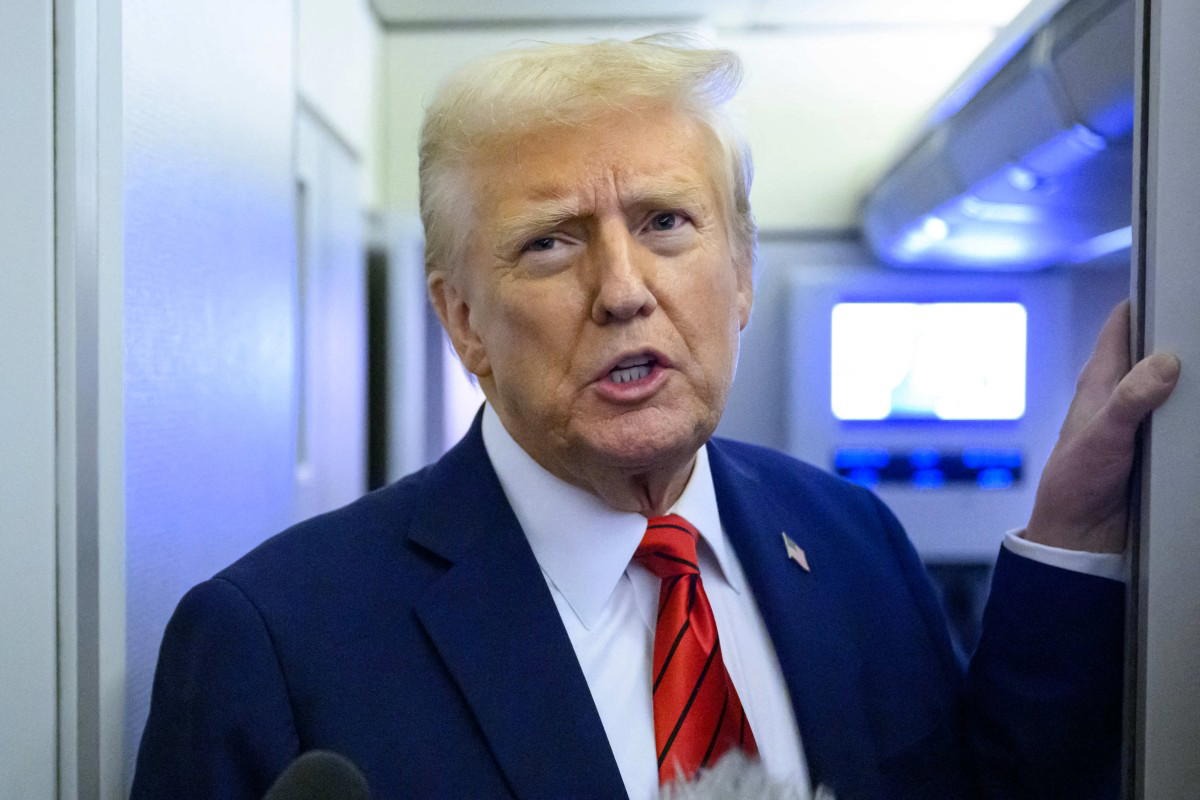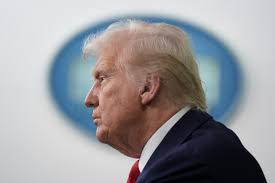Mounting trade wars between the United States and its largest economic partners deepened on Tuesday as US tariffs on Canada, Mexico and China kicked in, sparking swift retaliation from Beijing and Ottawa. Steep US tariffs on Canadian and Mexican goods came into effect as a deadline to avert President Donald Trump’s levies passed without the …




